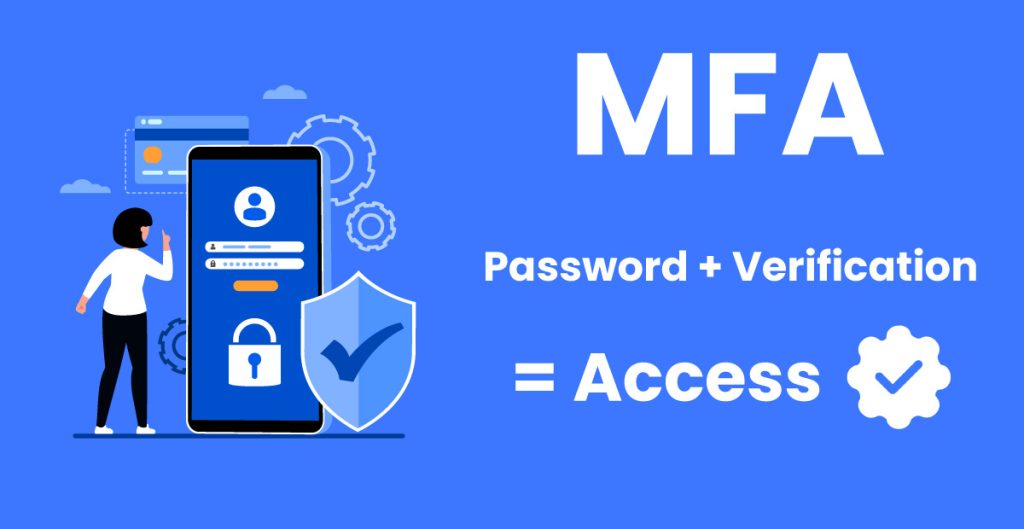As the internet age progresses, most businesses and individuals operate online. It’s an excellent way to market products/services or discover jobs, products, or services.
However, with online profiles come the associated risks. Whether a company or an individual, cybercriminals have malicious uses for data. That’s why we look into seven tips you can use to safeguard your sensitive data against unauthorized access.
1. Regular Security Audits and Assessments
The first step to protecting your data is to conduct regular security audits. Security audits identify your system and server’s vulnerabilities. As such, it helps prevent unauthorized parties from accessing your sensitive information. Take a proactive approach to identifying gaps in your security by conducting periodic assessments of your servers.
2. Data Encryption and Access Control
Websites like MyLife.com can look up information on individuals within seconds. It’s important to control who has access to your data, which is why there are benefits to opting out of MyLife.com or monitoring what information about you it has.
Businesses should also consider strict access controls, ensuring only people who require access to the information have it. Further, they must fully encrypt any data in transit and rest, as it’s usually vulnerable at those stages.
3. Employee Training and Awareness
In a business, a significant part of preventing unauthorized access to your information is cultivating a culture of awareness among the employees. You can have all the protection measures in place, but if your employee clicks on a shady link, it’ll all be for nothing. Provide comprehensive cybersecurity training and policies in the workspace.
4. Incident Response and Contingency Planning
Sometimes, a data breach still occurs, no matter how excellent your cybersecurity measures are. In this case, you must have a comprehensive incident response plan to help mitigate the damage of the data breach. Contingency planning lets you know your business is doing everything possible to minimize data breaches.
5. Secure Password Practices and Multi-Factor Authentication (MFA)

Strong and unique passwords are vital, as hackers can easily guess basic passwords. Information like birth dates, names, and family can become publicly available, so never use them in passwords. Ensure any password manager you use stores them in encrypted vaults, and implement multi-factor authentication if possible. This way, you’ll receive a notification if someone tries to access your accounts.
6. Regular Software Updates and Patch Management
Software updates and patches often address security gaps and other vulnerabilities. You can benefit from ensuring your device’s software is updated to the latest patches, systems, and applications.
7. Data Backup and Recovery Plans
Ensure you have backups of your information. Sometimes, a data breach doesn’t simply sneak in and steal some information; it can also scramble your servers. Having a backup and recovery plan ensures your data’s integrity and availability.
Closing Off
In 2023 alone, over 1,400 data breach incidents occurred, showing how important it is to have an effective cybersecurity plan. The seven tips above are all aspects of a successful security plan and can help minimize the consequences of a data breach. It’s no longer enough to have only contingency plans, which is why a proactive approach is ideal, whether you bolster it with VPNs or use the above tips.




Comments are closed.